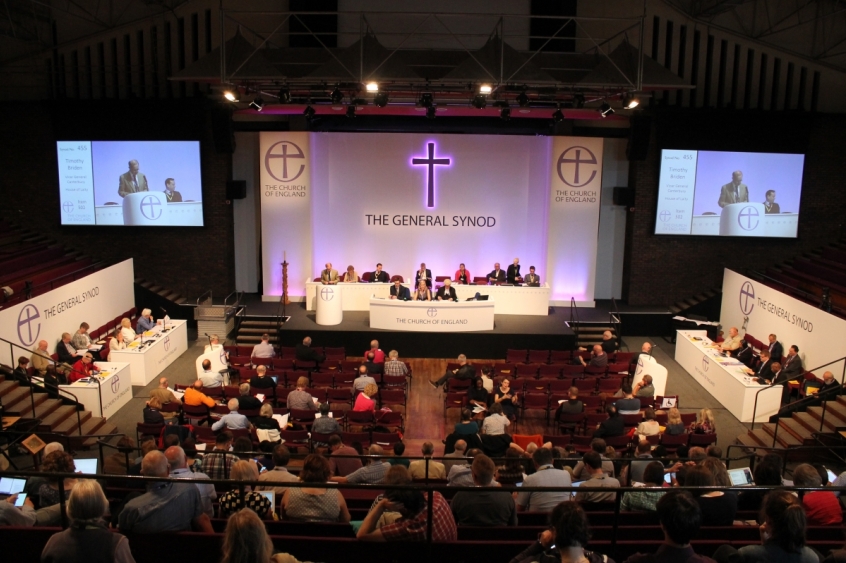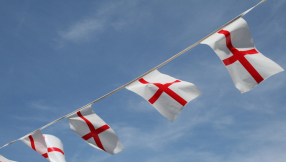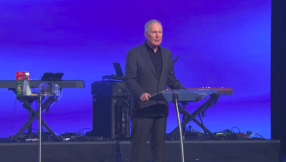The Church of England is examining ways to mark gender transition with the prospect of special services being considered.
The CofE's ruling General Synod will, for the first time, debate how to welcome transgender people at its meeting in July.

Signalling an openness to the idea of new liturgy to mark gender transition, a note sent to synod members from the Church's top civil servant, William Nye, said there was, 'no legal or doctrinal difficulty about a baptised transgendered person re-affirming their baptismal vows' using a different name.
It added no one could be baptised twice, meaning the option of re-baptismal services for people who had transitioned gender was not possible.
Nye said the Church already had services for people who had been through a 'significant personal transition of one kind or another' which could be used to mark gender change. Yet a motion will be voted on in July to introduce new church services, specifically for transgender people.
Chris Newlands, a vicar in the Blackburn Diocese who is introducing the debate told Christian Today services for gender transitions would 'make a huge difference' to welcoming trans people.
'That would be such a huge statement of support for members of the trans community.
'It would have untold beneficial consequences for those who are at the moment worried about coming out as someone preparing for transition,' he told Christian Today.
'People who are very fragile would find support rather than condemnation.'
He added, 'specifics are important' rather than just a general welcome to all.
'To have a specific statement of support coming the Church of England would provide a really clear lead about what we are supporting and affirming.'
The Church of England does not have a strict stance on trans people, with the most recent statement in 2003 recognising 'a range of views' were held.
A statement from bishops then recognised that 'some Christians concluded on the basis of Scripture and Christian anthropology, that concepts such as "gender realignment" or "sex change" were really a fiction. Hormone treatment or surgery might change physical appearance, but they could not change the fundamental God-given reality of "male and female He created them".'
The Church is still divided on the issue and the motion is likely to be opposed by conservatives on Synod citing the Bible's teaching that God made humans to be 'male and female'.
But Newlands said it was important to be 'fully to up to speed on what current medical and psychiatric wisdom is telling us'.
He told Christian Today: 'The law recognises gender transition. It is a reality in the world today and we need to accept that times have moved on since the book of Genesis.
'We have got to frame our theology in the context of science and where we are.
'We are not living on a flat earth any more.'













